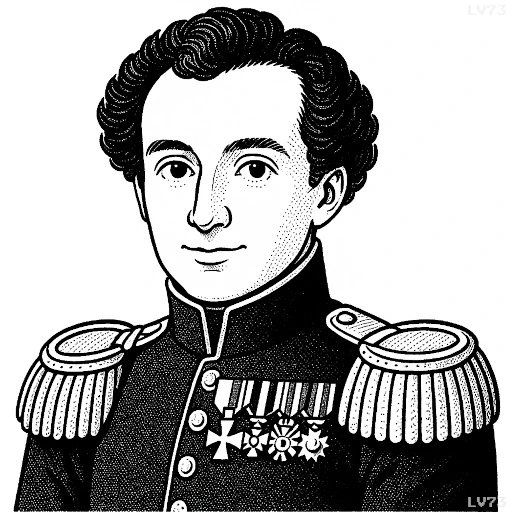“The political object is the goal, war is the means of reaching it, and the means can never be considered in isolation from their purposes.”

- July 1, 1780 – November 16, 1831
- Born in the Kingdom of Prussia (now Germany)
- Military officer and military theorist
table of contents
Quote
“The political object is the goal, war is the means of reaching it, and the means can never be considered in isolation from their purposes.”
Explanation
Clausewitz’s statement reinforces his central idea that war is not an end in itself, but rather a tool used to achieve political objectives. The “political object” refers to the ultimate goals or desired outcomes of a conflict, such as securing territory, changing regimes, or protecting national interests. War, in this framework, is simply the means by which these political goals are pursued. However, Clausewitz warns that the means—whether military force, diplomacy, or economic pressure—cannot be divorced from their purpose. Every military action must be aligned with clear political objectives to avoid the kind of aimless or disproportionate violence that can escalate a conflict unnecessarily.
This principle is crucial both in historical and modern contexts. In World War II, for example, the Allied Powers entered the conflict with the clear political goal of defeating the Axis Powers and dismantling Nazi ideology. Every military operation, from the invasion of Normandy to the bombing of Hiroshima, was conducted with the broader political goal of ensuring lasting peace and security. Similarly, the Vietnam War is often cited as an example where the military means—intense bombing campaigns and ground invasions—were not adequately aligned with the political objectives of the United States. The failure to define clear, achievable political goals contributed to a costly and ultimately unsuccessful war.
In the modern world, Clausewitz’s insight remains relevant in understanding military interventions and conflicts. For instance, in the Iraq War, while the stated political objectives were to remove weapons of mass destruction and topple Saddam Hussein’s regime, the military means employed were not sufficiently integrated with post-war political strategies, leading to unforeseen consequences such as sectarian violence and the rise of ISIS. The quote serves as a reminder that successful military campaigns require careful coordination between military objectives and political ends. Leaders must ensure that the means—military force or other actions—are always designed with the ultimate political goal in mind to avoid wasting resources and creating new problems.
Would you like to share your impressions or related stories about this quote in the comments section?

